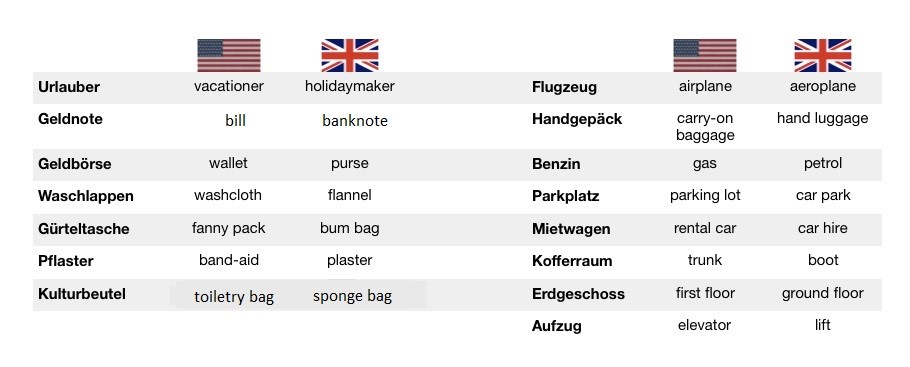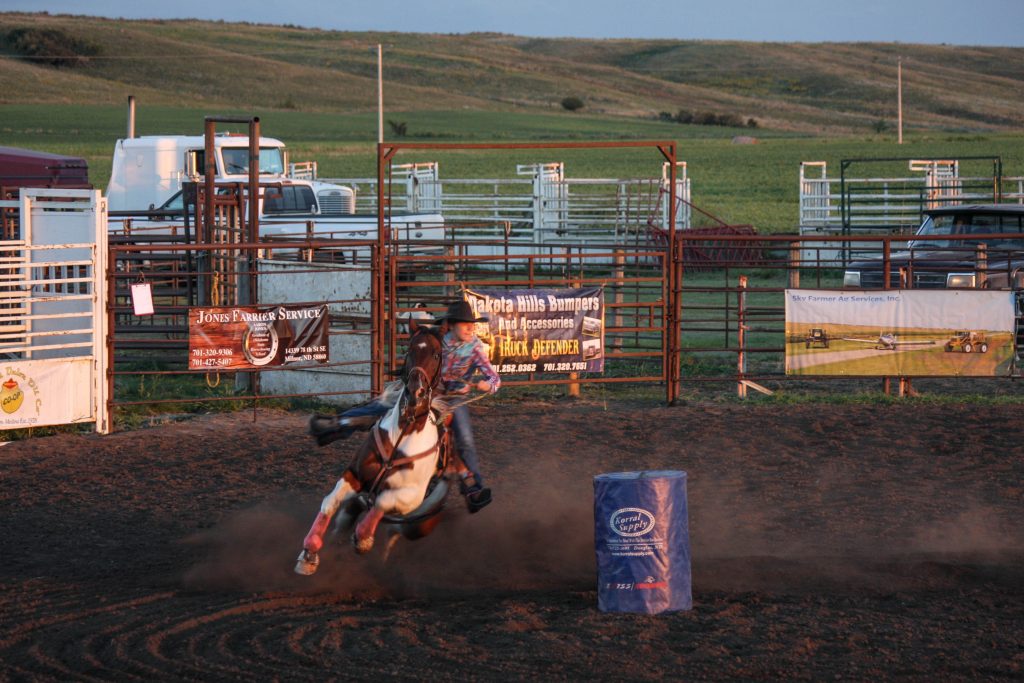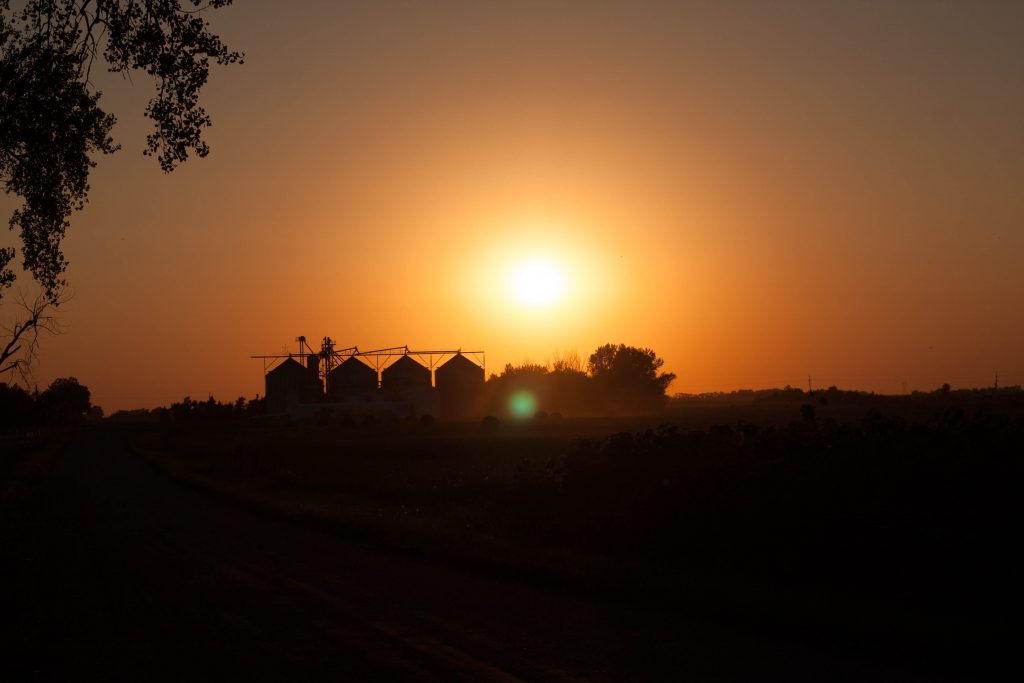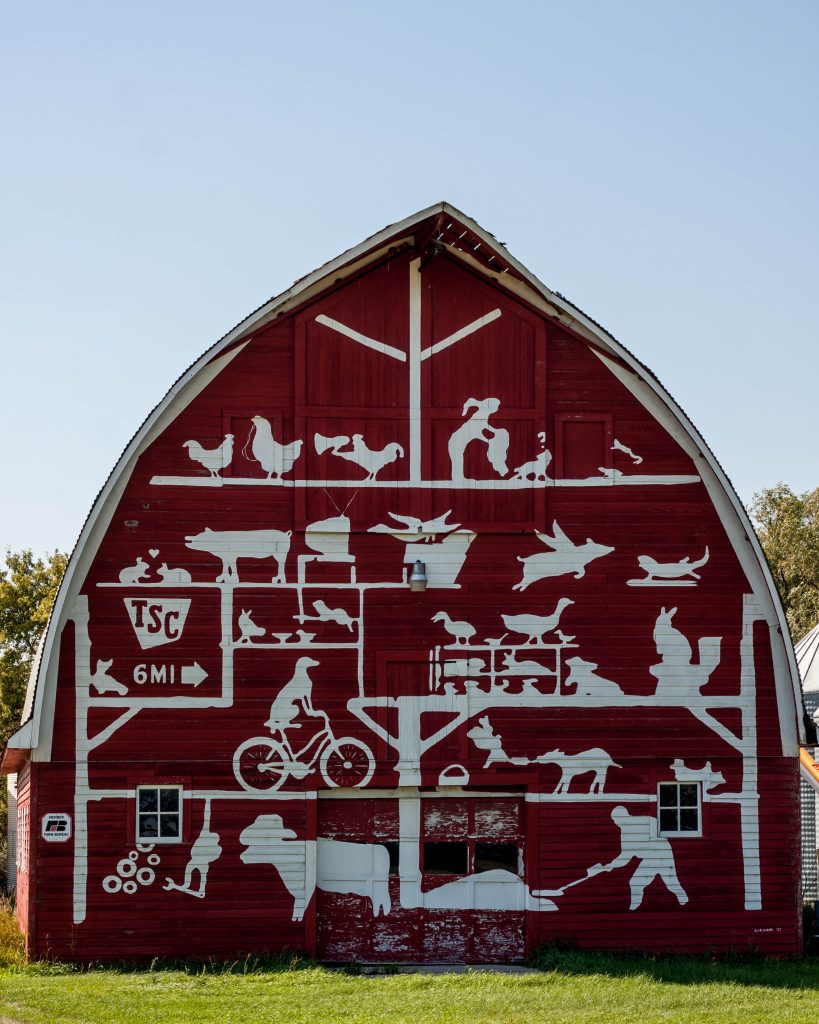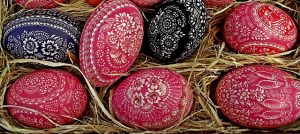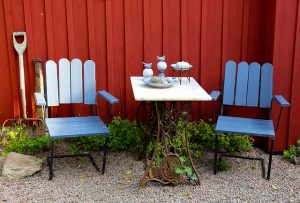If you’re looking for a vacation destination off the beaten path, why not travel to the geographical center of North America: to the rolling plains and vast prairie of North Dakota?
North Dakota is the 19th largest U.S. state in terms of area, but the fourth smallest by population. It may surprise you to learn that German is the No. 2 most-spoken language in the state, according to the U.S. Census Bureau. Almost half of the population can trace their ancestry back to Germany. And they’re very proud of this heritage, celebrating a range of German-themed events and festivals from local Oktoberfest events and Sauerkraut Day in Wishek (a town of around 1,000 people) to German Days in the capital city of Bismarck (population 72,000).
Once you’ve had your fill of brats and beer, explore the lands where the buffalo once roamed at the National Buffalo Museum in Jamestown, experience Native American culture at the United Tribes International Powwow or escape to the rugged buttes of the Badlands.
Facts & Figures
- ranked 4th best state in U.S. and 1st in quality of life by U.S. News and World Report
- population: approx. 755,000
- largest city = Fargo (the namesake for the popular movie and TV series – population 122,350)
- least-visited state in the U.S.
- became a state in 1889
- has more national wildlife refuges than any other state
- has more shoreline than the state of California (around Lake Sakakawea)
Have we piqued your interest? Discover the hidden gems the 39th state of the Union has to offer! They’re legendary!
off the beaten path – ab vom Schuss
plains – Prärie
to trace – hier: zurückverfolgen
ancestry – Herkunft
heritage – Erbe
to have your fill – genug von etwas haben
brats – Kurzform von Bratwurst
butte – Härtling (eine bergähnliche geographische Formation)
namesake – Namensvetter
wildlife refuge – geschützter Lebensraum für Wildtiere
shoreline – Küste
to pique someone’s interest – jmds. Interesse wecken
hidden gem – verborgener Schatz/Geheimtipp
